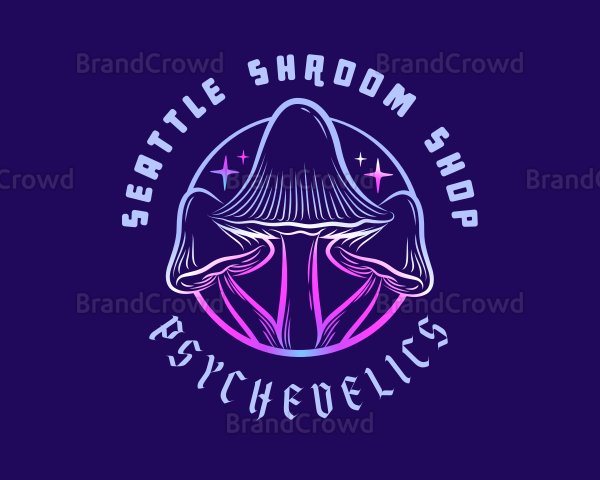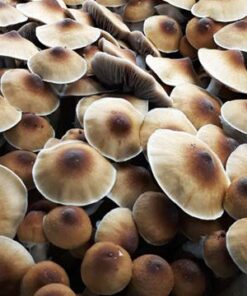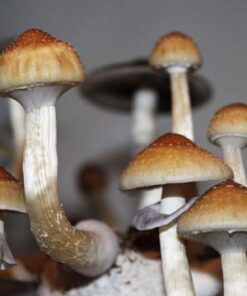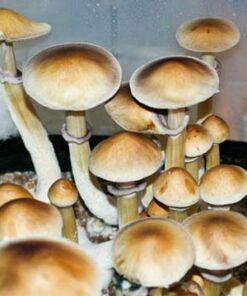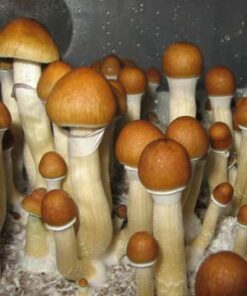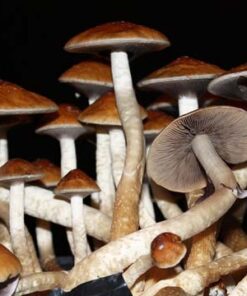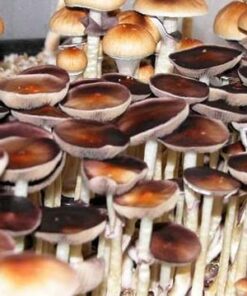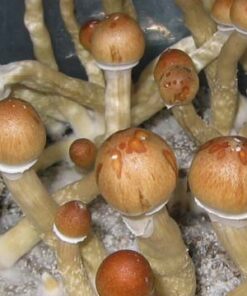Mushroom Spores for sale in Seattle
Mushroom spores for sale in Seattle, Shroom spores for sale in Spokane, Washington, are microscopic reproductive units that play a crucial role in the life cycle of fungi. Unlike plant seeds, which contain a food reserve, spores are typically single-celled and possess minimal stored nutrients. Their primary function is to initiate the fungal growth process under favorable conditions.
There are various types of mushroom spores, each associated with different fungal groups. Basidiospores, for instance, are produced by basidiomycete fungi, commonly known as club fungi, which include mushrooms and puffballs. Ascospores, on the other hand, are generated by ascomycete fungi, often referred to as sac fungi, encompassing species like morels and truffles. These spores are released from specialized structures, such as basidia and asci, respectively.
The germination of mushroom spores is contingent upon specific environmental conditions. Key factors include adequate moisture, appropriate temperature ranges, and a suitable substrate for growth. For instance, many spores require a moist environment to activate their metabolic processes. Temperature also plays a pivotal role, with different species having distinct optimal ranges for spore germination. Additionally, the substrate, which can be soil, wood, or decaying organic matter, provides the necessary nutrients and support for the emerging mycelium, the vegetative part of the fungus.
Where To buy Mushroom Spores in Seattle
Due to their microscopic nature, mushroom spores are not visible to the naked eye. They are typically dispersed through various natural mechanisms. Wind is a common dispersal method, carrying spores over long distances. Water can also facilitate spore movement, especially in aquatic or semi-aquatic environments. Furthermore, animals play a significant role in spore distribution. Insects, for example, can transport spores on their bodies, while larger animals might ingest and later excrete them, aiding in the spread of fungi across different habitats.
The Importance and Applications of Mushroom Spores
Mushroom spores are vital components in natural ecosystems, playing a pivotal role in biodiversity and the decomposition process. These microscopic reproductive units ensure the perpetuation of fungal species, thereby contributing significantly to nutrient cycling. When spores germinate, they form mycelium networks that break down organic matter, releasing essential nutrients back into the soil. This decomposition process is indispensable for maintaining soil health and fostering plant growth.
Beyond their ecological importance, mushroom spores have a wide array of applications in science and industry. In mycology research, spores are fundamental for studying fungal genetics, evolutionary biology, and ecological interactions. They provide insights into fungal biodiversity and the mechanisms underlying their symbiotic relationships with plants and other organisms.
Order Mushroom Spores In Washington
In the realm of agriculture and food production, spores are indispensable for cultivating edible mushrooms. Specific strains of spores are selected and cultivated to produce mushrooms that are not only nutritious but also commercially valuable. This sector has seen significant growth, driven by increasing consumer demand for healthy and sustainable food sources.
Another promising application of mushroom spores is in bioremediation. Certain fungi have the ability to degrade pollutants, making them valuable tools for cleaning up contaminated environments. Spores of these fungi can be introduced to polluted sites, where they germinate and form mycelium that breaks down harmful substances, thereby mitigating environmental damage.
There is also a burgeoning interest in the medicinal potential of mushroom spores. Research is ongoing into their use in the development of pharmaceuticals and nutraceuticals. Compounds derived from mushrooms, such as beta-glucans and triterpenoids, have shown promise in treating various health conditions, from immune disorders to cancer. The medicinal mushroom industry is expanding, driven by the quest for natural and effective therapeutic agents.
Amateur mycologists and hobbyists have also embraced mushroom spores for home cultivation. By collecting and using spores, they can grow mushrooms in controlled environments, enjoying the benefits of fresh, home-grown produce. This practice not only provides a rewarding hobby but also contributes to local food sustainability.
Mushroom Spores
